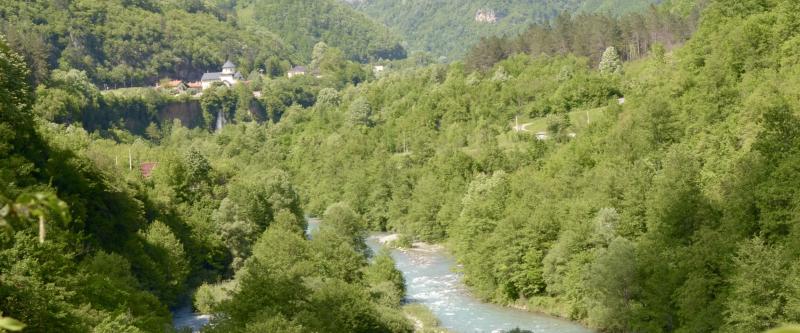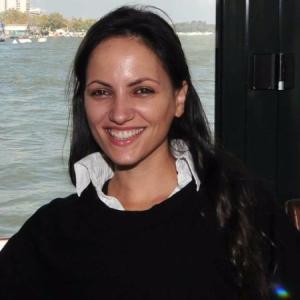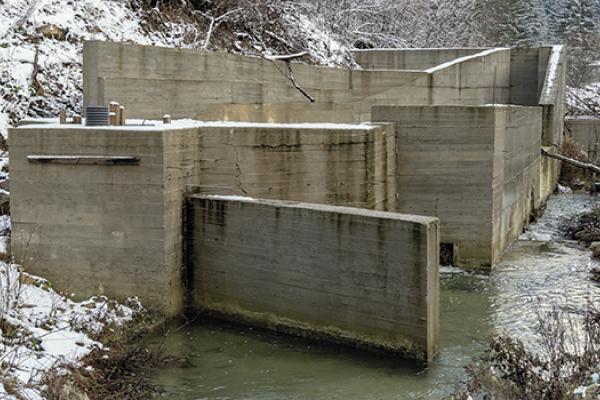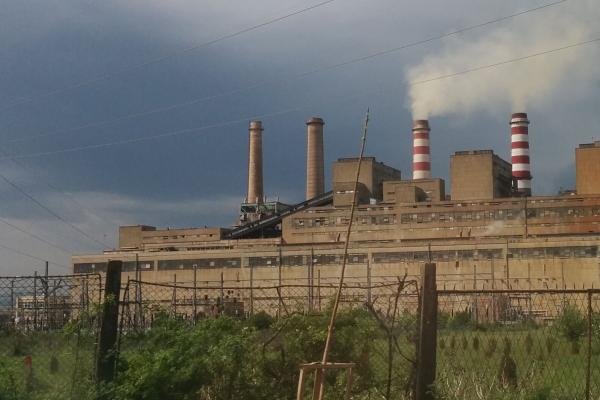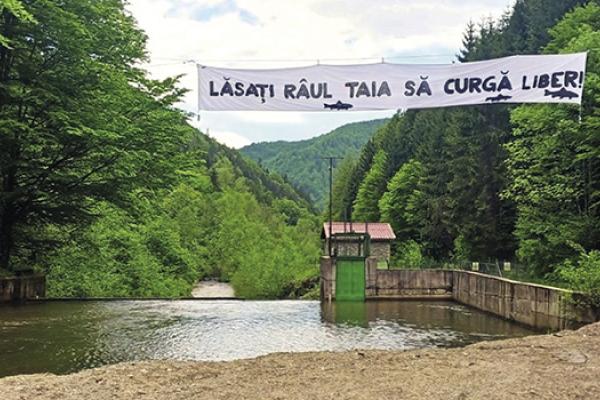More than 630 large and medium-sized hydropower plants are in the pipeline. If small plants are included, this figure will rise to around two thousand by 2025.
The Balkans are home to many of Europe's last unspoilt rivers, as well as an outstanding diversity of related habitats. A WWF survey found that 66% of Balkan rivers are of 'outstanding' quality. The construction of such a large number of plants in such a short time raises the question: Who is checking the quality of these schemes?
Around two years ago, environmentalists and others warned that around half of the new plants in the Balkans as a whole would be built inside or near fragile nature reserves, under conditions of poor transparency and resource management.
The six countries recently labelled 'the Western Balkan Six' now seem to be facing a three-pronged threat. The biodiversity is in danger, the projects are prone to corruption, and the people living there are not being heard enough and risk losing their livelihoods, mainly due to a loss of irrigation water.
As these countries are not EU members and are also plagued by poor governance and corruption, there is a risk that standards will be low, potentially having an adverse impact on nature and communities. External financial institutions such as the EIB and the EBRD are the most viable option for ensuring oversight. But are they doing so?
Our journalistic investigation examined some of the murky conditions surrounding the 'gold rush' to dam Balkan rivers, using case studies from Macedonia, Albania, Montenegro, Serbia and Kosovo, and focusing particularly on Norway and Austria, the two countries with the largest involvement in hydropower in the region.
We examined how funding for hydropower schemes tends to be channelled through opaque local partnerships and intermediary banks, making it more difficult for civil society and the public to monitor activities.
We also studied the public incentives (at the European and multilateral levels) and the regulatory regimes under which this is taking place. What are the driving factors behind the rush? This brings us to the European Energy Community, the Berlin Process and the EU’s 2020 climate goals.
